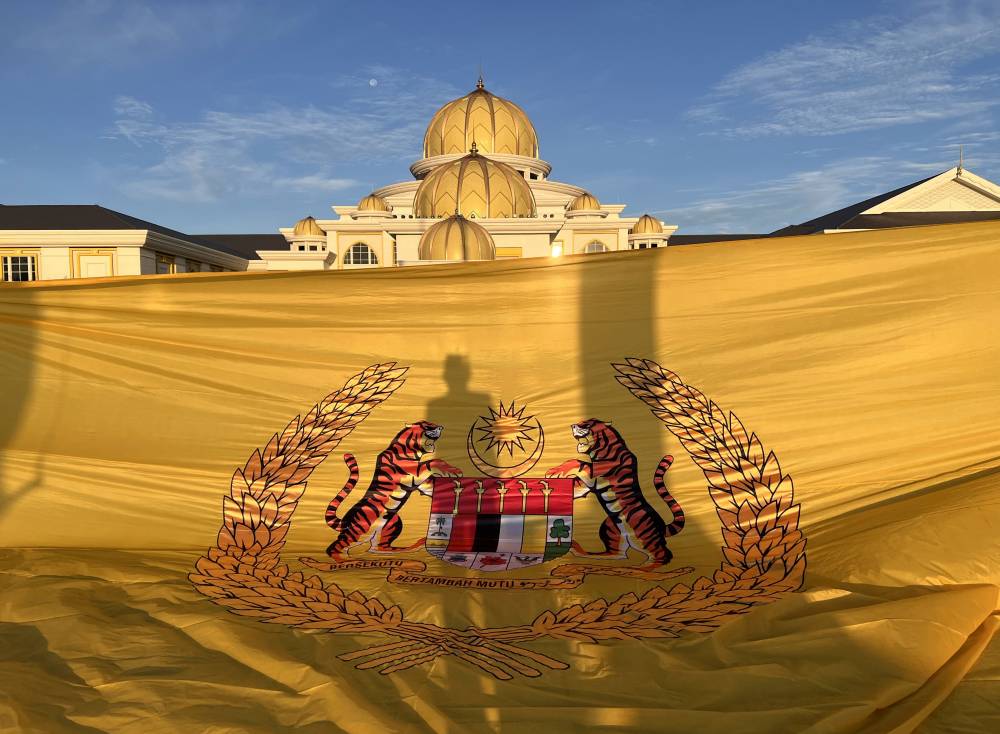Tradition and Democracy: The Role of Constitutional Monarchy in Malaysia
The King is a non-partisan unifying figurehead, exuding a feeling of continuity and tradition that is extremely vital to the cultural character of a nation such as Malaysia, which has a centuries of history of hierarchical rule.

On the 31st of January, 2024, Al Sultan Abdullah Riayatuddin Al-Mustafa Billah Shah, who presided over the unforgettable pandemic and the political crises that accompanied it, will be succeeded by a new Yang di-Pertuan Agong.
From Pahang, our new monarch will now come from the southern state of Johor.
It is common for proponents of constitutional monarchies to argue that these systems offer stability, as exemplified in the Yang di-Pertuan Agong’s role in appointing two prime ministers during the Covid-19 pandemic. He is a non-partisan unifying figurehead, exuding a feeling of continuity and tradition that is extremely vital to the cultural character of a nation such as Malaysia, which has a centuries of history of hierarchical rule.
According to the constitution, the responsibilities that monarchs play are frequently referred to as ceremonial. Their primary responsibility is to represent the nation, but they do not have any actual political power. This authority is instead delegated to elected entities in the form of parliament and the executive.
Since the YDPA is elevated above the commotion of everyday politics, he can help to develop a sense of national unity.
Furthermore, a constitutional monarchy has the potential to serve as a powerful defence mechanism against totalitarian tendencies. This is because the royal family has the ability to symbolise and defend democratic ideas and the rule of law, even if they do not have any real political clout.
The opposite side of the debate is comprised of individuals who argue that constitutional monarchies are inherently anti-democratic. It may appear antiquated in a contemporary and progressive society where equality is seen as a fundamental principle.
In a monarchy, positions of substantial influence and privilege are bestowed upon individuals based on their birthright.
In the face of fast societal change, the relevance and power of a monarch might diminish, which can also lead to problems regarding the legitimacy and utility of a figurehead who no longer symbolises the zeitgeist or the ambitions of the people.
Despite the fact that the constitution restricts a royal family's activities, they are still capable of getting involved in politics, such as the decision on infrastructure development and national sovereignty, which has the potential to skew public perception of the institution and the nation's politics.
In the face of certain pushbacks, Malaysia's one-of-a-kind approach of a rotational monarchy provides an intriguing case study of the advantages and disadvantages that have been explored.
The elective monarchy system in Malaysia is comprised of nine hereditary state rulers, with the YDPA being chosen every five years. An otherwise hereditary institution is given a democratic flavour by the implementation of this method, albeit among a very small pool of possible candidates.
The rotation not only ensures that the royal houses of the participating states have equal opportunities, but it also has the ability to provide a variety of perspectives to the monarchy. This is because each hereditary ruler brings a unique set of experiences and perspectives to the throne during his term in office.
Not only does this rotational system aim to dilute the concentration of monarchical authority, but it also works to ensure that no single ruler holds the position for an infinite period of time. A measure of checks and balances that is not often found in a monarchical system is incorporated into this system.
However, the rotation of the YDPA does not immediately solve the core criticism of monarchy, which is that it does not adequately represent the whole public. Furthermore, the different time periods that occur between the reigns of the YDPAs might result in variations in the style and focus of the monarchy, which can be a double-edged sword in terms of maintaining a consistent portrayal.
A monarchical system, whether it is static or rotating like Malaysia's, is, in essence, a complicated interplay between tradition and modernity. The question of whether the symbolic unity and historical continuity that such an institution offers offset the costs and potential discord with democratic norms is still being debated.
In order to understand the role that these monarchs play in contemporary government, it is vital to have a solid understanding of the circumstances under which they function.
Syaza Shukri, PhD, is an associate professor and the current Head at the Department of Political Science, IIUM. The views expressed in this article are the author's own and do not necessarily reflect those of Sinar Daily.
Download Sinar Daily application.Click Here!















